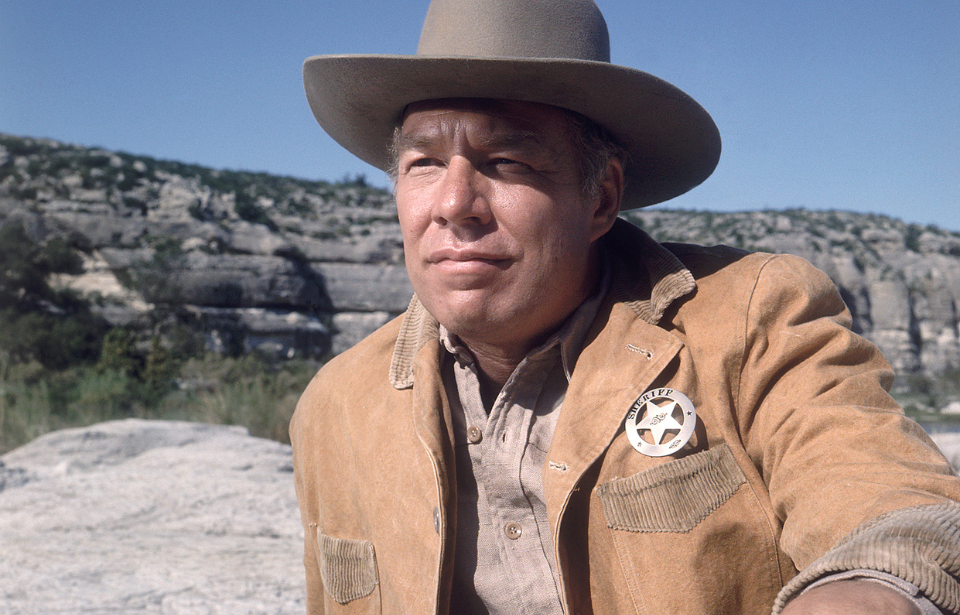George Kennedy, best known for his Academy Award-winning performances, earned fame for portraying strong, determined characters in both film and television. His unique acting style was deeply influenced by his personal life, including 16 years of service in the US Army. An unexpected injury brought his military career to an early end, sparking the question of whether he might have served longer under different circumstances or if his destiny was always leading him toward Hollywood stardom.
George Kennedy’s early beginnings in show business
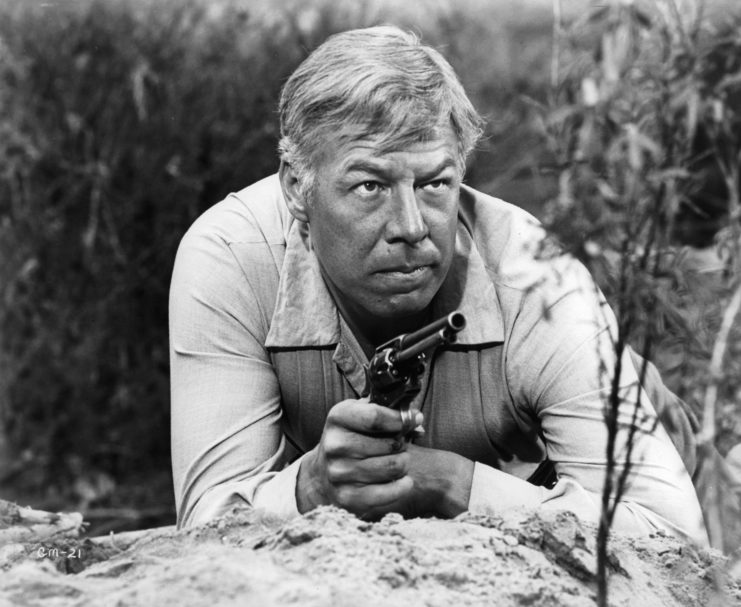
George Kennedy was born on February 18, 1925, in New York City, New York, into a family with strong ties to the entertainment industry. His father, an orchestra leader and musician, and his mother, a former ballet dancer, both made sure he was exposed to show business from a young age.
Kennedy made his stage debut at just two years old in a touring production of Bringing Up Father. Tragically, his father passed away when he was four, leaving his mother to raise him alone.
Undeterred by this loss, Kennedy continued to pursue his growing career, performing on the radio from the age of seven until the onset of World War II. After graduating from high school, he decided to enlist in the US Army.
Serving under Gen. George Patton
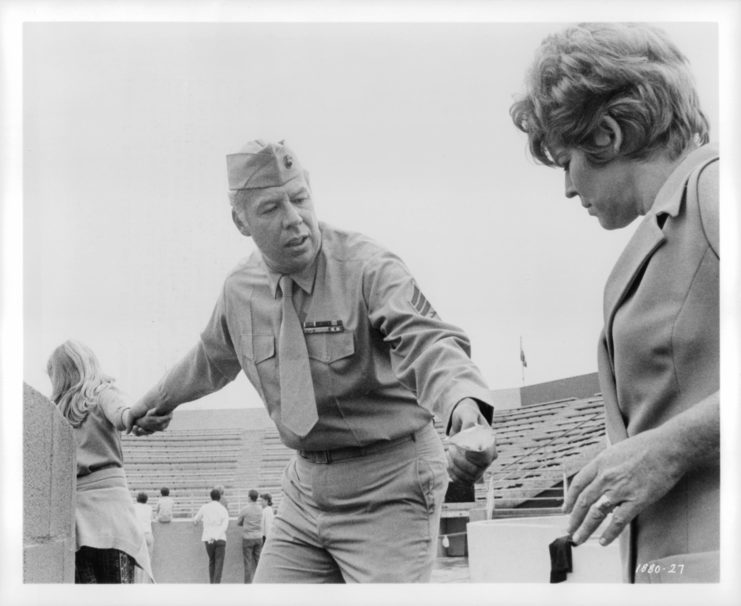
George Kennedy initially tried to enlist in the US Army Air Forces, but his physical stature posed problems.
“I’m six-foot-four, and even in those days I weighed 210 pound,” Kennedy once reminisced. “I was interested in airplanes then, and I’m interested in airplanes now. The best explanation came from a master sergeant in the Air Force. He said, ‘George, there’s nothing wrong with you. But we can either put you in an airplane or we can put a 200-pound bomb in an airplane. We’d rather put the bomb in the airplane.'”
Instead, Kennedy enlisted as an infantryman in the US Army, serving under Gen. George Patton, whom he’d later portray in 1978’s Brass Target. One of the most notable engagements he participated in was the Battle of the Bulge. Reflecting on the war later in life, he commented on the danger he and his fellow servicemen faced.
“Kids who had never done anything more dangerous than play kickball in the street were shooting BAR’s and mortars and killing each other… The war was one horrendous surprise after another. I can’t think of anything I did during the war that did not involve death,” he said.
Kennedy’s time with the military came to an end after 16 years due a back injury he suffered in the late 1950s. At the time of his retirement, he’d achieved the rank of captain and earned a number of recognitions, including two Bronze Stars.
Developing the US Army Information Office
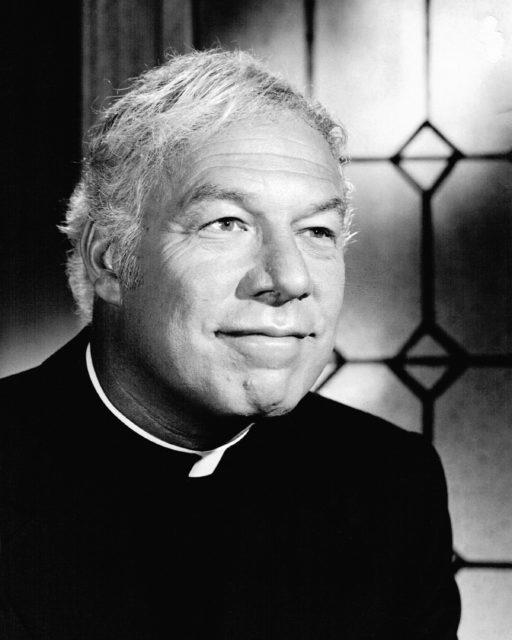
While serving in the Army, George Kennedy drew on his experience as a radio actor to take on a new role as a disc jockey for the Armed Forces Network (AFN), in a setting much like that of the 1987 film Good Morning, Vietnam.
This role had a dual impact: it influenced both the Army’s trajectory and Kennedy’s personal career. For the military, it helped pave the way for the creation of the US Army Information Office, which provided technical support to the entertainment industry. For Kennedy, it offered valuable professional experience that would later shape his acting career after his service.
George Kennedy always played the tough guy
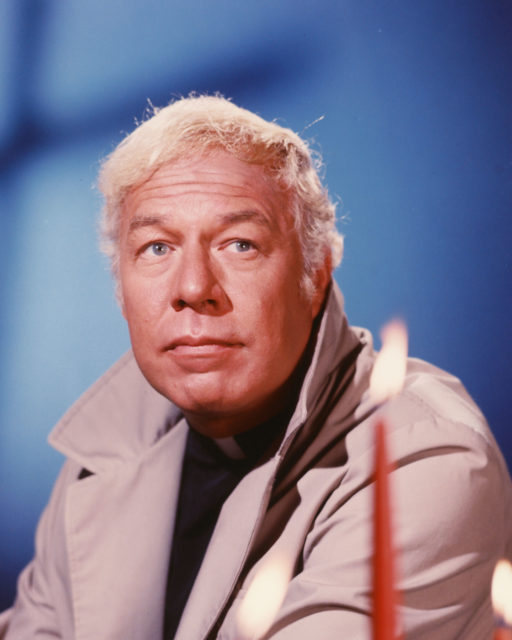
After leaving the Army, George Kennedy worked as a technical advisor on The Phil Silvers Show (1955–59). In this position, he occasionally played small, uncredited characters, sparking his interest in pursuing a professional acting career. This led to supporting roles in various television series, where he often played cowboys, outlaws, or lawmen.
Although Kennedy had made several TV appearances, his film debut came in the early 1960s. Among the notable films from his early career are Charade (1963), Flight of the Phoenix (1966) and The Dirty Dozen (1967). However, his breakthrough role came with Cool Hand Luke (1967), earning him an Academy Award for Best Supporting Actor. During this period, he acted alongside some of Hollywood’s biggest stars, including Paul Newman, Cary Grant, Kirk Douglas and Joan Crawford.
Kennedy appeared in over 200 movies and TV shows
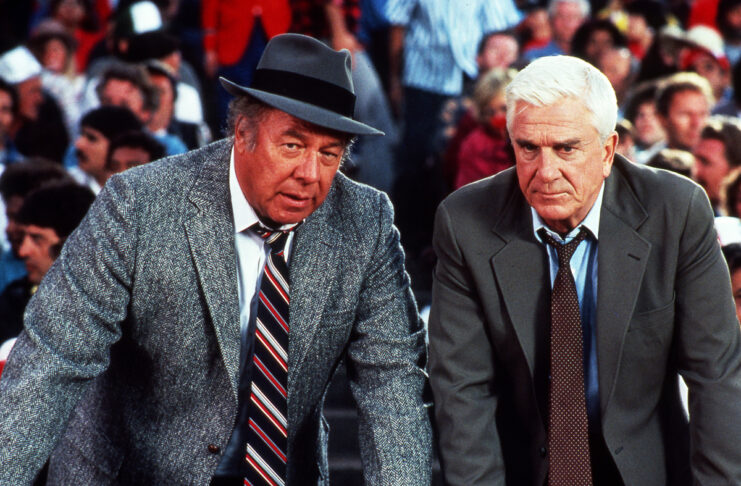
During the 1970s and ’80s, Kennedy’s career took a bit of a dive, with him largely landing B-rated and low-budget films. As a result, he shifted gears to television. The late 1980s and ’90s changed this trajectory again, as the actor found new popularity, starring in the parody Naked Gun films.
New! Want to become a trivia master? Sign up for our War History Fact of the Day newsletter!
Overall, Kennedy was credited with over 200 film and television credits throughout his acting career. He retired from show business following his appearance in 2014’s The Gambler, and died two years later in Middleton, Idaho, at the age of 91.
